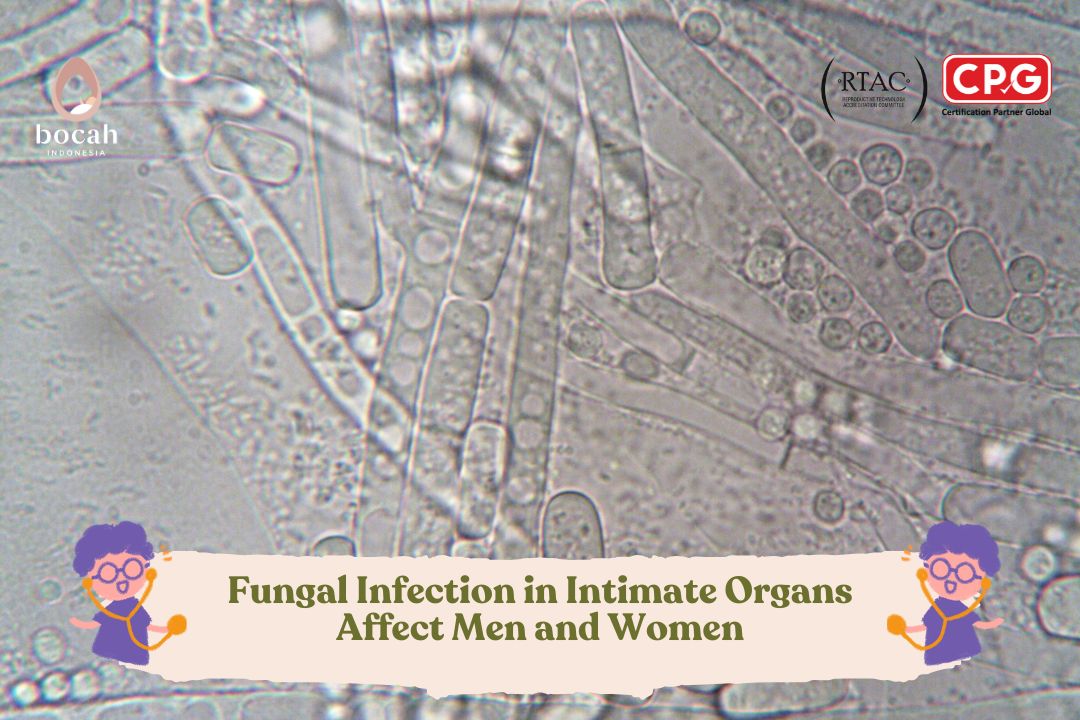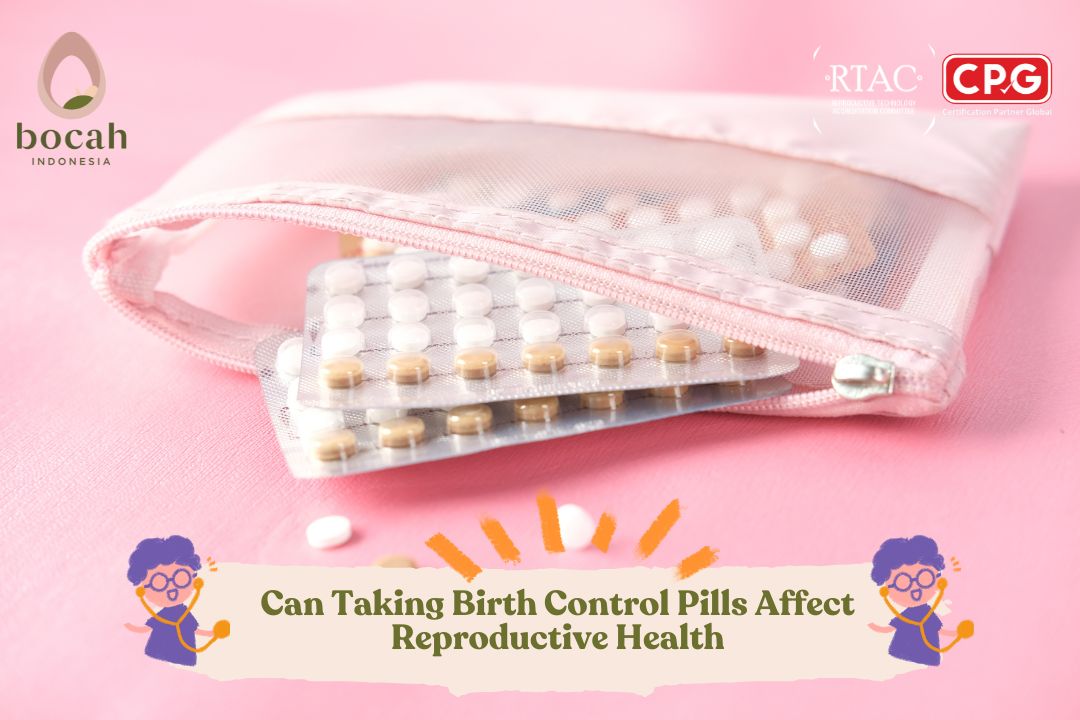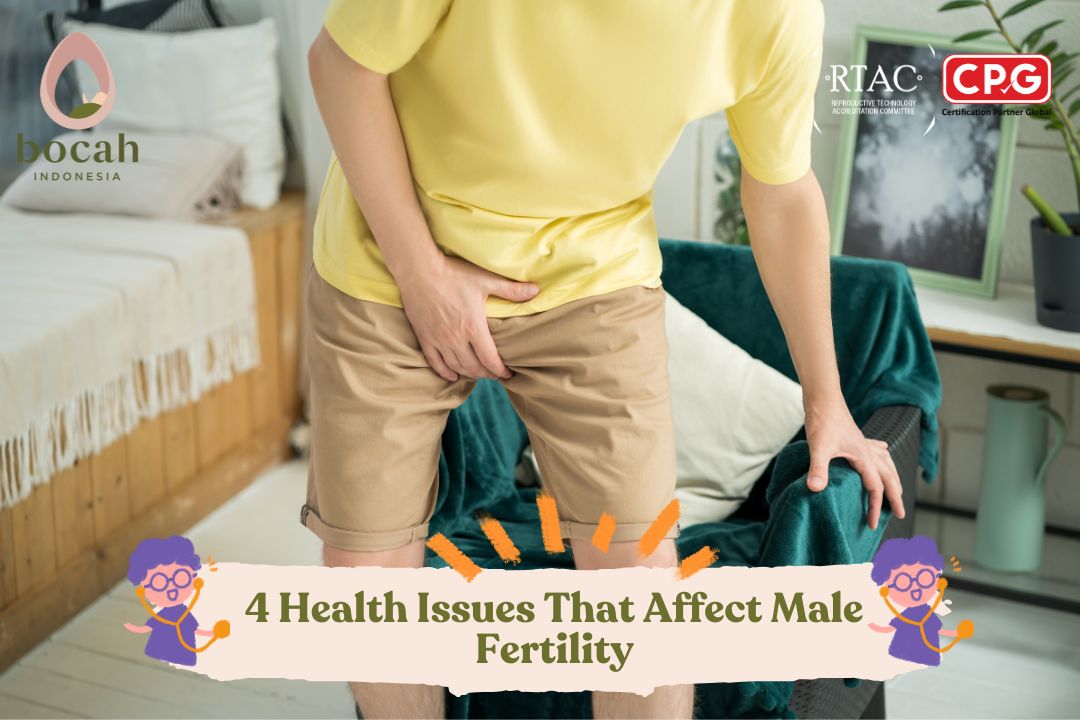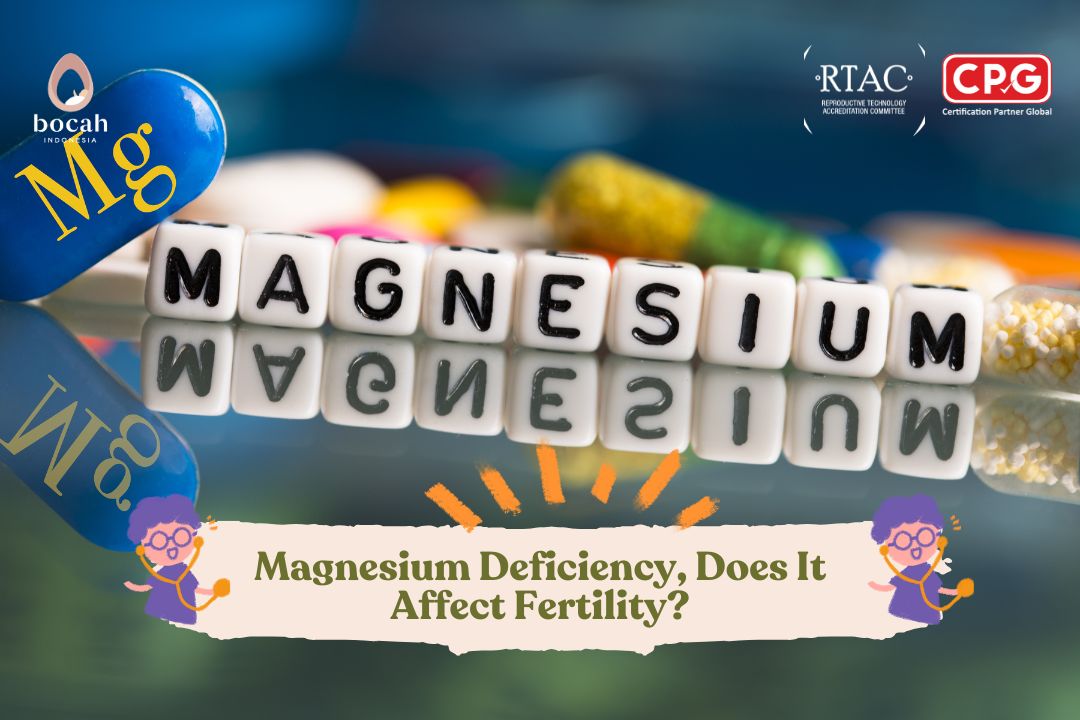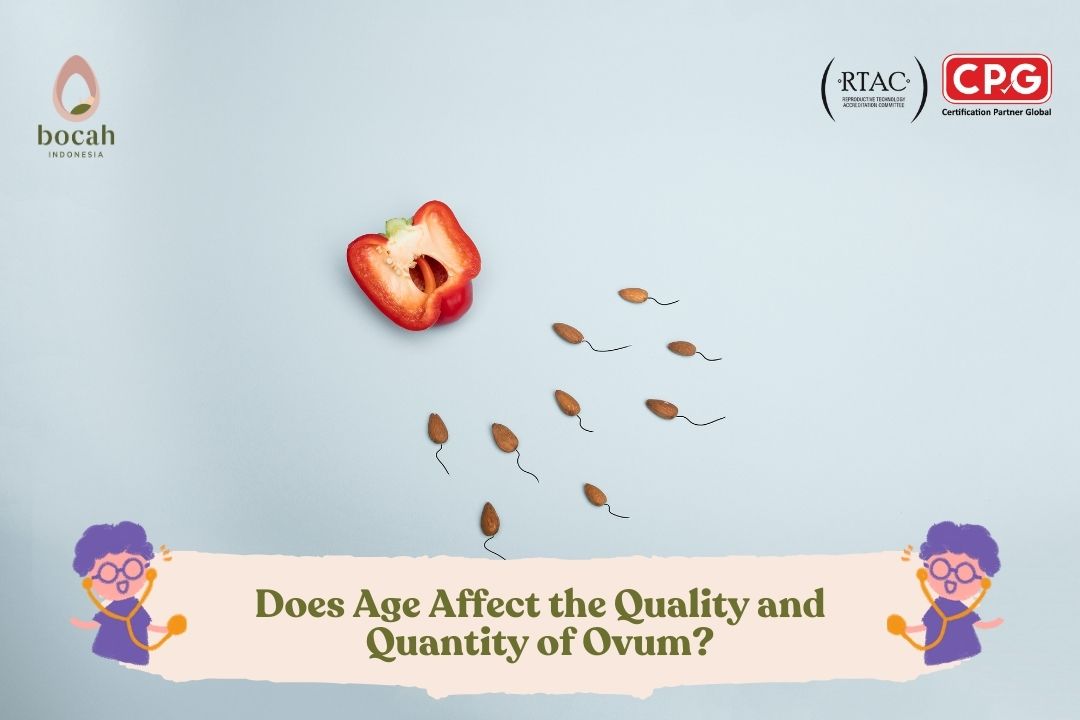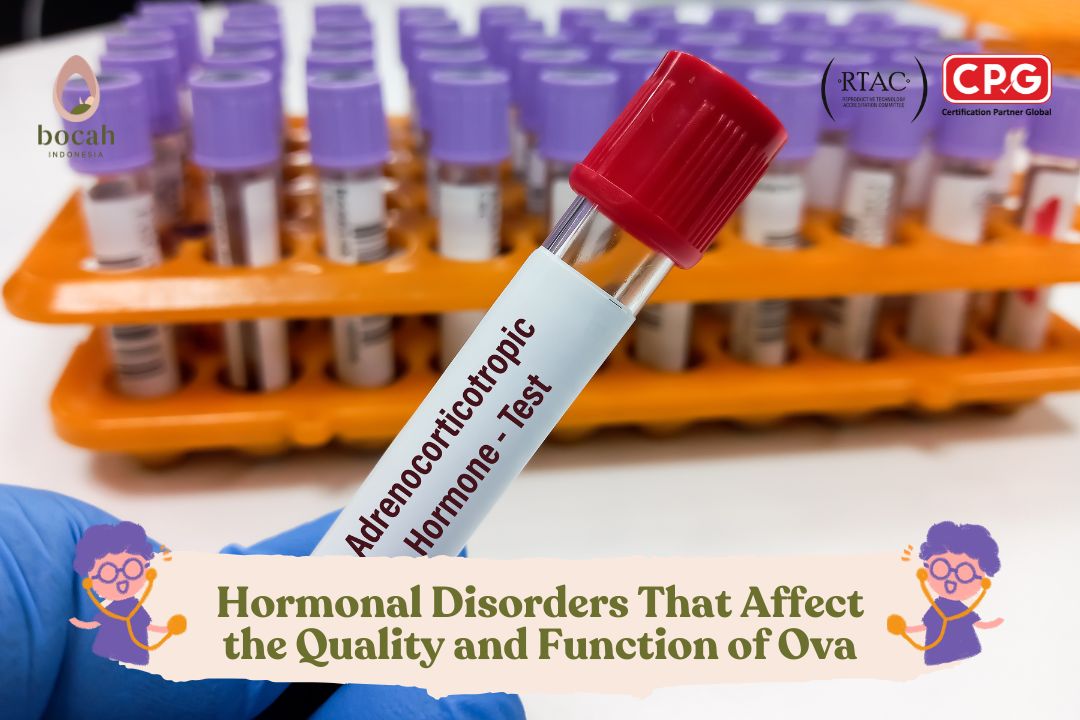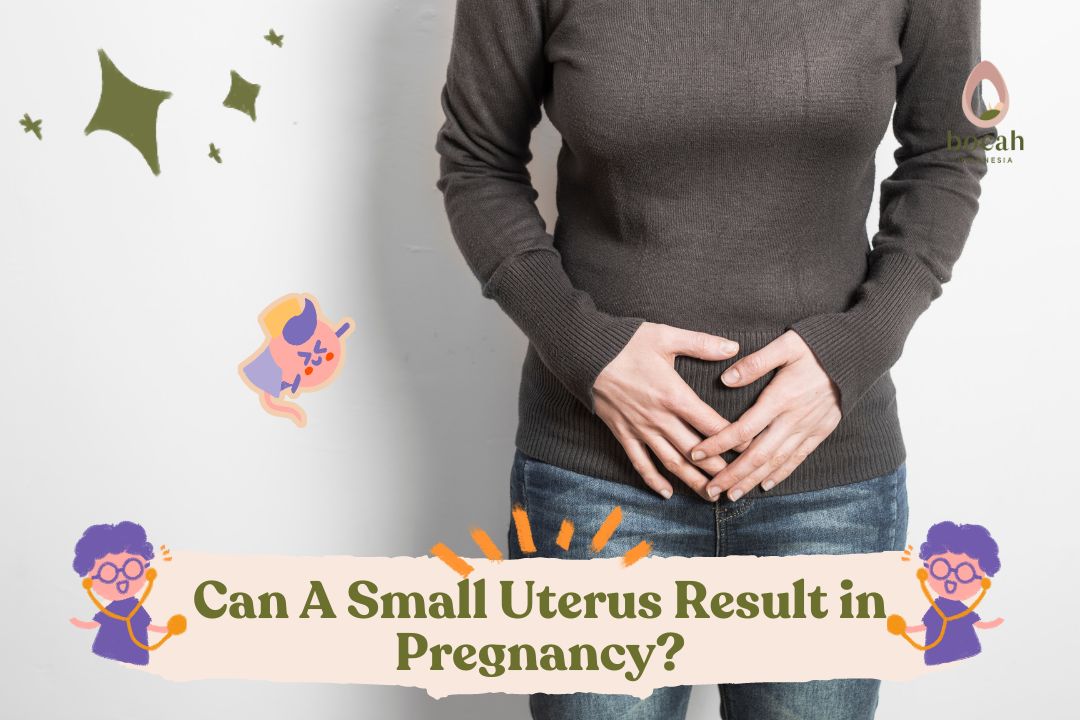Can Multiple Sclerosis Affect Fertility?
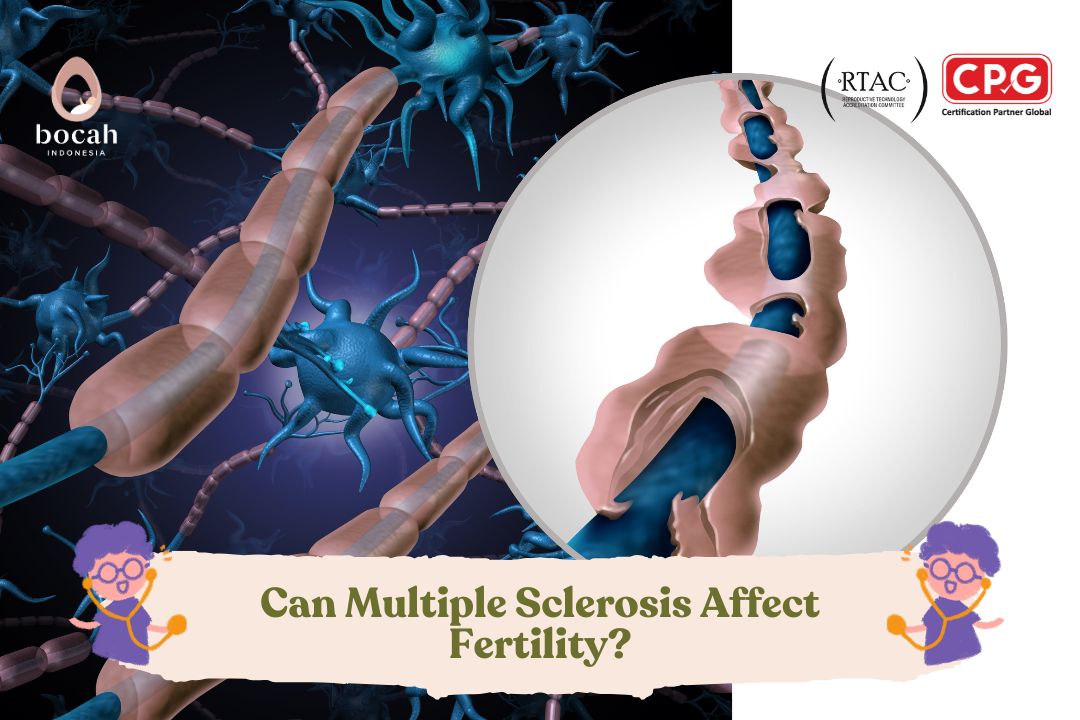
Multiple sclerosis is an autoimmune condition that can impair the brain and spinal cord. But can it affect fertility?
Have you heard of multiple sclerosis? Multiple sclerosis is a type of autoimmune disease that attacks the brain and spinal cord or nervous system.
In autoimmune diseases, the immune system mistakenly attacks the body itself, leading to communication issues between the brain and other organs. This condition can cause permanent damage or nerve destruction.
Causes of Multiple Sclerosis
The exact cause of multiple sclerosis is unknown. However, as an autoimmune disease, it occurs when the immune system attacks its own tissues.
Several factors, including genetic and environmental, can increase the risk of developing multiple sclerosis, such as:
Tanya Mincah tentang Promil?
- Women aged 16-55 years
- Having a family history of multiple sclerosis
- A history of diseases like thyroid disease, mononucleosis, type 1 diabetes, or inflammatory bowel disease
- Smoking
- Lack of sun exposure and low levels of vitamin D
Symptoms of Multiple Sclerosis
The symptoms and signs of multiple sclerosis vary from person to person. They depend on the extent of nerve damage and which nerves are affected. In severe cases, multiple sclerosis can result in the inability to walk.
Some of the movement disorders caused by multiple sclerosis include:
- Difficulty walking
- Weakness or numbness on one side of the body
- Difficulty maintaining balance
- Tremors or shaking
- A sensation like an electric shock when moving the neck, especially when bending the neck forward
Vision Problems
People with multiple sclerosis may also experience vision problems, such as:
- Double vision
- Blurred vision
- Partial or complete vision loss accompanied by pain when moving the eyes
In addition to these issues, individuals with multiple sclerosis may experience:
- Fatigue
- Dizziness
- Difficulty speaking
- Problems with certain organs, such as the bladder, bowels, or sexual organs
- Pain
- Tingling sensations in various parts of the body
Does Multiple Sclerosis Affect Fertility?
Multiple sclerosis is one type of autoimmune disease. So far, no studies have directly linked multiple sclerosis to fertility issues.
However, research published in the journal Clinical & Developmental Immunology suggests that autoimmune diseases affecting reproductive organs, whether entirely or through immune system reactions, can attack ovarian antigens and potentially impact fertility.
Additionally, autoimmune disorders in women of childbearing age can cause conditions like amenorrhea, where menstruation stops abnormally. Autoimmune disorders can also lead to menorrhagia, characterized by excessive menstrual bleeding.
Can Women with Multiple Sclerosis Still Get Pregnant?
Since multiple sclerosis is an autoimmune disease, couples planning to conceive should consult with a doctor first.
Each couple’s condition is different, and a doctor will recommend treatments or therapies tailored to individual circumstances. The goal is for you to achieve a healthy pregnancy.
It is crucial to ensure that any medications are taken under the supervision of a healthcare professional.
This explanation highlights the connection between multiple sclerosis and fertility. If you are planning to conceive, consult a doctor as soon as possible!
Source:
- Kikkatalo, KH., et al. (2012). Review on autoimmune reactions in female infertility: antibodies to follicle-stimulating hormone. Clin Dev Immunol. 2012:2012:762541.
- Kronzer, VL., et al. (2020). Why women have more autoimmune diseases than men: An evolutionary perspective. Evol Appl. 2020 Dec 1;14(3):629-633.
- Alharbi, FM. (2015). Update in vitamin D and multiple sclerosis. Neurosciences (Riyadh). 2015 Oct; 20(4): 329–335.


